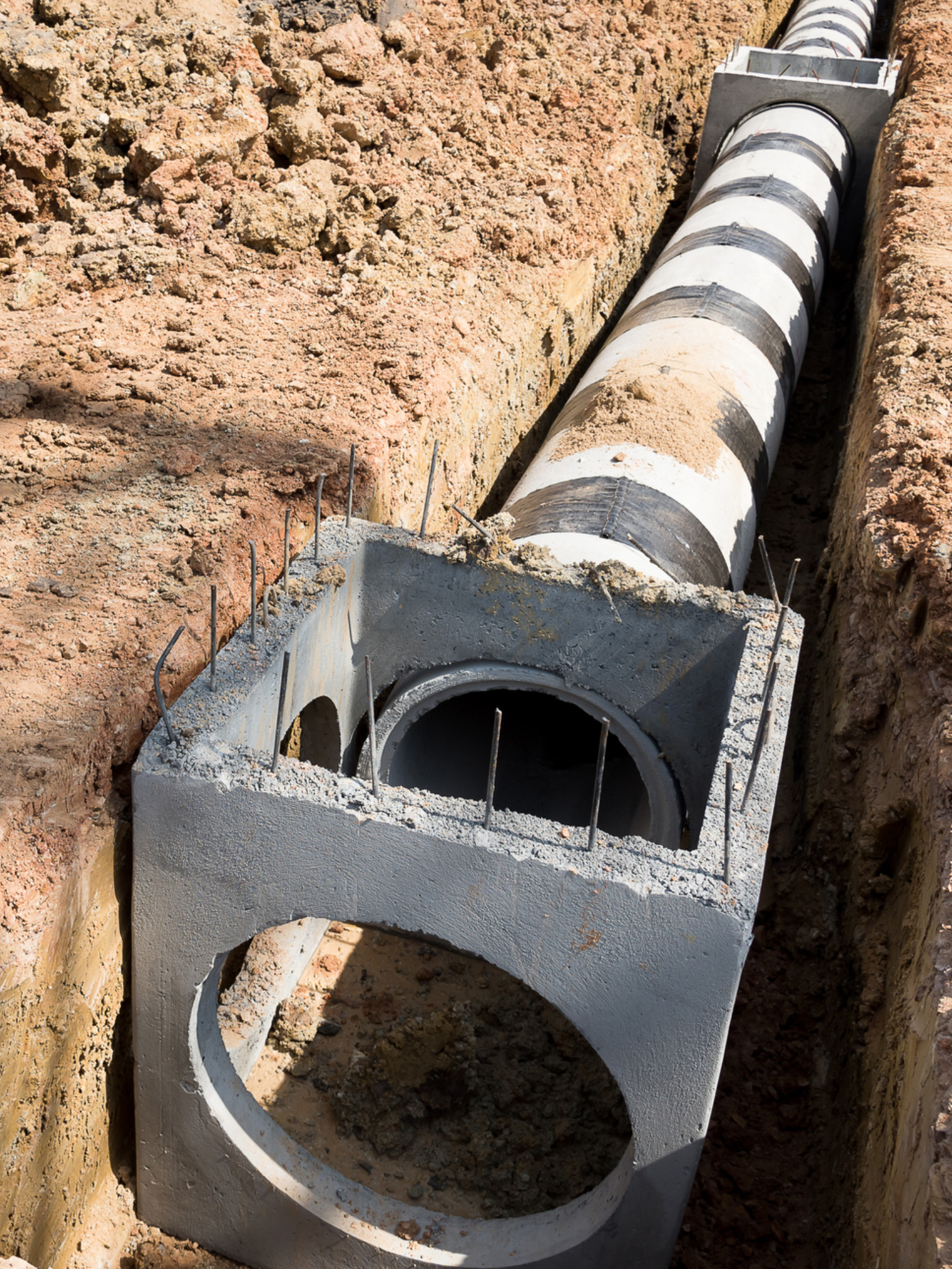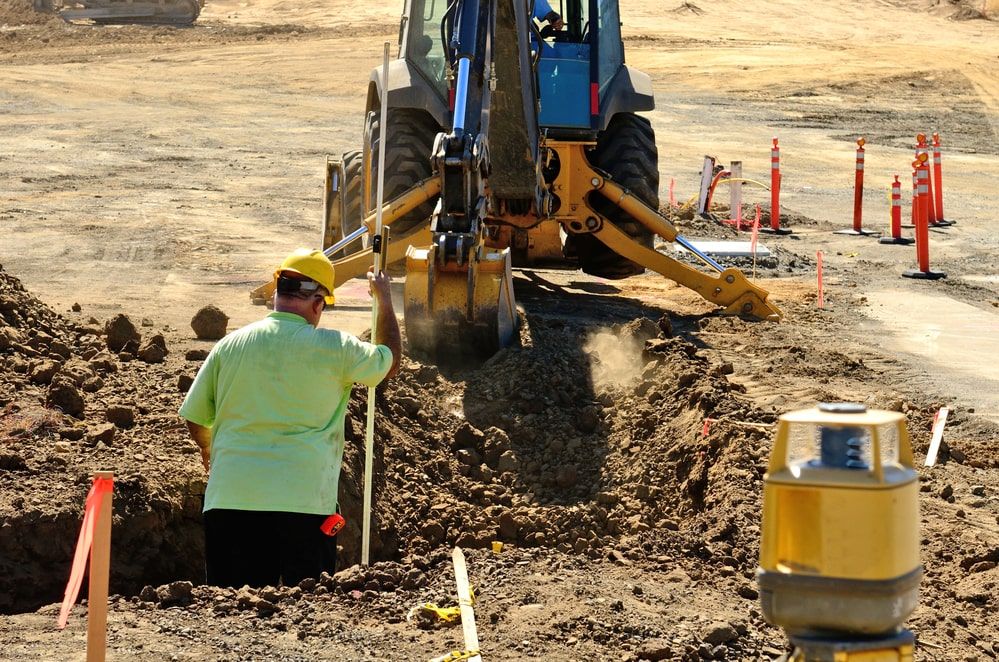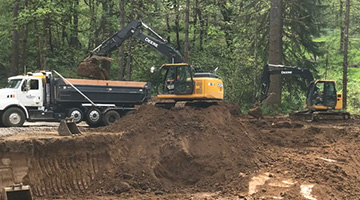Comprehensive Excavation Approaches: Mastering the Principles for Success
The careful planning, precise implementation, and careful interest to information needed in excavation jobs require a thorough approach that encompasses various fundamental facets. The real mastery exists not simply in comprehending these fundamentals but in perfectly incorporating them to navigate the complexities of excavation projects with skill.
Comprehending Excavation Job Planning

Effective excavation jobs are improved the structure of extensive and careful planning. The first phase of any type of excavation task is the drawing board, where crucial choices are made that can significantly affect the end result of the job. Throughout this phase, it is necessary to gather all pertinent info regarding the site, including topographical studies, soil make-up, and any kind of possible threats that might exist. Recognizing the task spending plan, scope, and timeline constraints is crucial for developing a thorough excavation strategy that ensures the project's success.
One trick facet of excavation job planning is the advancement of a comprehensive timeline that details the series of due dates, tasks, and landmarks. This timeline works as a roadmap for the job group, permitting them to track progress and make essential modifications to ensure the task remains on routine. Furthermore, a distinct budget that makes up all expenditures, consisting of equipment rental, labor prices, and materials, is crucial for avoiding cost overruns and delays. By meticulously thinking about all these factors throughout the planning phase, excavation jobs can be carried out successfully and effectively, causing effective end results.
Dirt Analysis and Site Analysis
Conducting extensive dirt evaluation and site examination is an essential action in the preparation stage of any type of excavation project. Soil analysis includes figuring out the composition, structure, and homes of the dirt at the excavation website. This info is crucial for comprehending the dirt's bearing capability, moisture web content, and possibility for disintegration, which are crucial elements in establishing the excavation approaches and tools required for the job.
Website evaluation surpasses soil analysis and incorporates a wider evaluation of the overall site conditions. This analysis consists of determining any type of possible risks, such as underground utilities, ecological problems, or unpredictable terrain, that can affect the excavation process. By thoroughly reviewing the website, project supervisors can establish effective excavation methods that prioritize security, effectiveness, and environmental management.
Utilizing innovative modern technologies like ground-penetrating radar, dirt tasting, and drone surveys can improve the accuracy and effectiveness of soil evaluation and site analysis. Investing time and sources in these preliminary steps can ultimately save time and stop expensive delays or difficulties during the excavation process.
Tools Option and Use
Reliable excavation tasks rely greatly on calculated tools choice and usage to guarantee ideal efficiency and performance. Picking the best devices for the work is important in maximizing efficiency and minimizing downtime. Factors such as the type of dirt, depth of excavation, and job read what he said scope play a substantial role in identifying one of the most appropriate devices for the job at hand.

Along with selecting the suitable devices, proper application is vital to task success. Operators needs to be educated to deal with the devices securely and successfully - dump truck companies in ohio. Regular maintenance checks and prompt fixings assist prevent break downs and make certain regular efficiency throughout the task
Precaution and Rules Conformity
In the realm of excavation tasks, focusing on precaution and compliance with regulations is extremely important to ensuring a legitimately sound and safe functional setting. Safety and security measures encompass a series of methods, including performing thorough site assessments, executing correct signs and obstacles, and giving ample safety and security training for all employees associated with the excavation procedure. Adherence to regulations, such as OSHA demands in the USA, makes certain that the excavation project fulfills the needed criteria to protect employees, bystanders, and the surrounding environment.

Tracking Development and Adjusting Approaches
How can project managers efficiently track the development of excavation tasks and adjust their approaches accordingly to optimize results? Monitoring progression is vital for guaranteeing that excavation jobs remain on track and satisfy due dates.

Verdict
In conclusion, understanding the basics of thorough excavation techniques is important for the success of any task. By comprehending project preparation, analyzing dirt and site problems, selecting proper equipment, adhering to safety and security laws, and keeping an eye on progress, job supervisors can make sure a effective and smooth excavation process. Applying these methods will certainly cause successful end results and minimize prospective dangers or setbacks throughout the excavation job.
The preliminary stage of any excavation job is the preparation stage, where crucial decisions are made that can dramatically impact the result of the task. Understanding the job timeline, budget, and scope constraints is vital for creating an extensive excavation strategy that makes sure the task's success.
How can forecast supervisors effectively track the development of excavation projects and adjust their approaches as necessary to maximize end results? By closely checking progress and being willing to adapt methods, project supervisors can improve the total success of excavation projects.
By comprehending job planning, examining soil and site conditions, choosing suitable tools, complying with security regulations, and keeping track of progress, project managers can make sure a reliable and smooth excavation process.